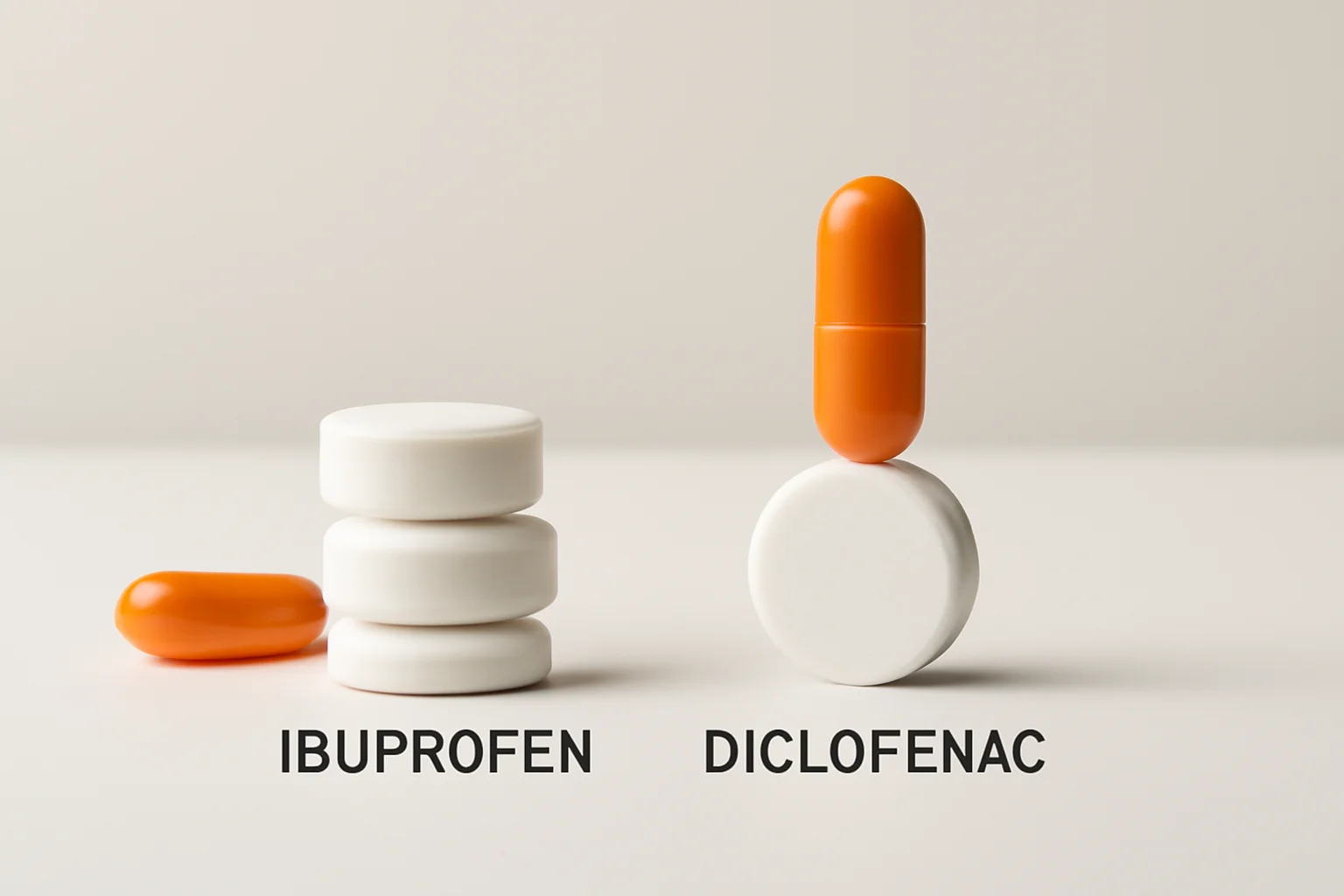
Effective Solutions for Cracked and Peeling Skin at Home
The condition of our skin is a reflection of our overall health, and cracked or peeling skin can be an unpleasant issue for many people. Our skin is the largest organ, constantly exposed to external environmental factors such as sunlight, wind, pollution, and weather. These factors can affect the hydration and elasticity of our skin, leading to cracked or peeling skin.
Cracked skin is often not just an aesthetic issue; it can also cause pain and discomfort. Peeling skin is often part of the skin’s natural regeneration process, but if it is too intense, it can also be a cause for concern. It is important to understand what may be behind these issues and how to address them. Proper skincare, hydration, and a healthy lifestyle can all contribute to improving the condition of our skin.
In the following sections, we will review the causes of cracked and peeling skin, prevention methods, and treatment options so that everyone can find the solution that works best for them.
What Causes Cracked Skin?
There can be many reasons for the development of cracked skin, and understanding the underlying factors can help find the right treatment. One of the most common causes is skin dryness, which often occurs due to cold weather, wind, or heating. Dry air reduces the hydration of the skin, leading to cracks.
The skin’s barrier function also plays a key role in the appearance of cracked skin. When the protective layer of the skin is damaged, moisture escapes more easily, and the skin dries out. Excessive washing, the use of aggressive soaps, and skincare products can also contribute to the weakening of the skin barrier.
Skin conditions such as eczema or psoriasis can also cause cracked skin. These chronic conditions lead to inflammation and irritation, affecting the appearance and feel of the skin. Additionally, certain medications, such as retinoids, can also contribute to skin dryness.
Cracks in the skin not only represent an aesthetic problem but can also cause pain. Bacteria entering the deeper layers of the skin can cause infections, further worsening the situation. Therefore, it is important not to ignore cracked skin and to seek out the causes.
How to Treat Peeling Skin?
The treatment of peeling skin depends on what is causing the problem. The first step is proper hydration, which helps restore the skin’s natural moisture content. The use of moisturizers and oils is essential, especially after bathing when the skin is still damp. Rich, nourishing creams containing hyaluronic acid or glycerin can be particularly effective.
In the case of peeling skin, it is important not to scrub the skin, as this can cause irritation. Gentle exfoliating products, such as creams containing fruit acids, can help remove dead skin cells without damaging the skin’s protective layer.
Additionally, maintaining a healthy diet is crucial for skin health. Omega-3 fatty acids, found in fish and nuts, can help preserve the skin’s hydration. Consuming foods rich in vitamins, particularly vitamins A, C, and E, can also positively affect the condition of the skin.
It is important to pay attention to how our skin reacts, and if peeling persists or worsens, we should consult a dermatologist. A specialist can help identify the causes and develop an appropriate treatment plan.
The Role of Prevention
Preventing skin problems is always better than treating them. The best way to avoid cracked and peeling skin is to properly care for and protect the skin. This includes ensuring the skin is hydrated, especially in winter when the air is dry. The use of moisturizers and body lotions should become a daily routine to keep our skin elastic and healthy.
Sun protection is also key. UV rays from sunlight can damage the skin and contribute to dryness. We should use broad-spectrum sunscreen, even on cloudy days, and avoid sunbathing during the hottest hours.
A healthy diet rich in vitamins and minerals also contributes to skin health. Increasing water intake helps maintain skin hydration, while avoiding processed foods and sugary drinks can reduce the risk of skin problems.
Finally, managing stress is important as well. Stress can negatively affect the condition of the skin, so incorporating relaxation techniques such as meditation or yoga into our daily routine is beneficial. Exercise can also help reduce stress and improve skin health.
Prevention is therefore the best method for avoiding cracked and peeling skin. A proper skincare routine, consuming nourishing foods, and managing stress can all contribute to maintaining the health of our skin.
Note: This article does not constitute medical advice. If you have health concerns, please consult a doctor.

